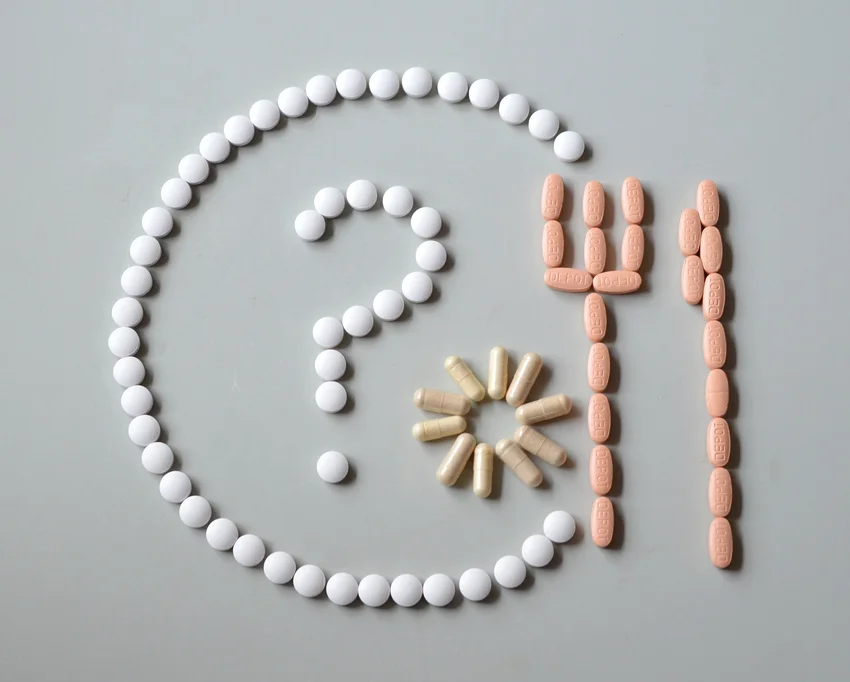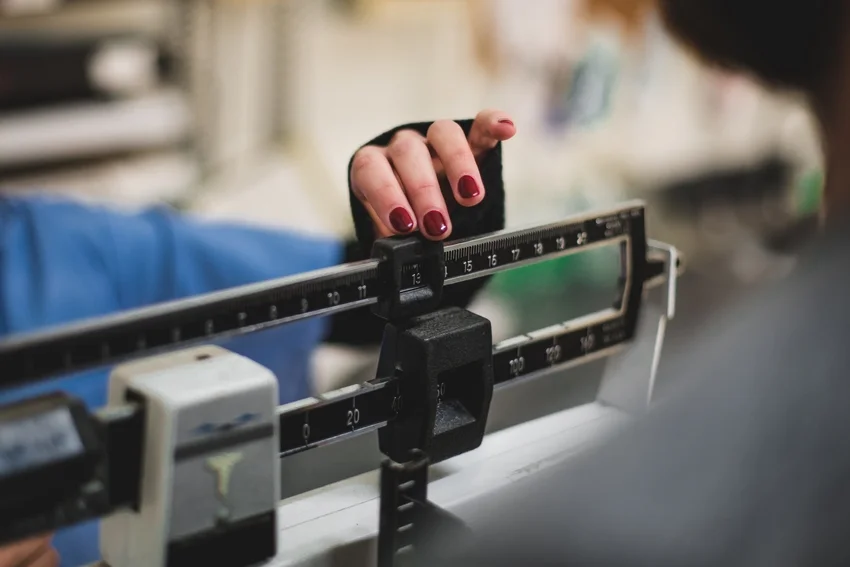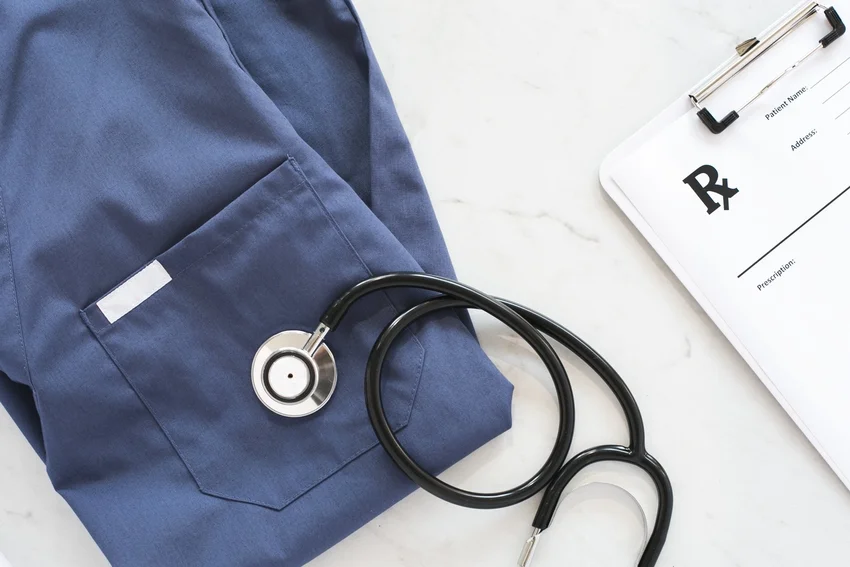
Singapore has a world-class healthcare system. It is highly regarded, so much so that it is being reviewed as an example by the Obama administration’s healthcare team as it explores ways to reform the US healthcare system.
In 2000, Singapore’s healthcare system was ranked by the World Health Organization (WHO) as the best in Asia – ahead of Hong Kong and Japan.
The medical and health line has been a popular choice. So much so that some of the world’s first universities were medical schools turned into universities as there’s always a high need for doctors.
Also read: Study in Singapore Guide
What is Health & Medicine all about?
Medicine is the field of health and healing. Health is tightly related to doctors, nurses, and various other specialists.
Medicine covers diagnosis, treatment, and prevention of disease and unfit medical conditions, medical research, and many other areas of health. Conventional modern medicine is also referred to as allopathic medicine. This involves the use of drugs and surgery supported by lifestyle measures and counselling.
The complementary and alternative types of medicine include herbal medicine, acupuncture, traditional Chinese medicine, art therapy, etc. The study of pre-clinical medicine and clinical medicine will teach you the many facets of a human body, how to diagnose and treat diseases.
You will spend five years in university - four if you only count the graduate course - then you’ll be able to work with patients. But, it will take many further years of training to become a specialist in a particular branch of medicine.
What are the specialisations in Medicine?
Only about 38% of doctors are specialists in Singapore. Specialising requires a strong commitment from the doctor, as they will need it to continue living and breathing their respective fields for the rest of their career.
Here are the popular specialisations in Singapore:
1. Ophthalmology (Eye)
With one of the highest rates of myopia in the world and a greying population in Singapore, surgical procedures such as LASIK and the removal of cataracts are fast gaining prominence.
2. ENT (Ear, Nose, Throat)
Similar to their eye doctor counterparts, otolaryngologists also enjoy mostly regular working hours. As the ears, nose and throat are all connected to the respiratory, ENT doctors tend to dabble in a little bit of all the other specialisations, making it a challenging and rewarding field.
3. Dermatology
With the constant humidity and the occasional haze, it can be difficult to maintain a healthy-looking complexion. Besides the regular office hours, dermatologists also get to try the latest state of the art skin treatments on themselves.
4. Obstetrics and Gynaecology (OBG)
The OBG doctor seeks to improve women’s health and aids in conceiving and maternity care. Beyond that, the real joy and satisfaction of the job come from delivering precious lives into the world and witnessing parents’ joy as they cradle their new-born babies.
5. Paediatrics
Perfect for those who once had dreams of becoming a teacher or childcare teacher, paediatrics combines medicine with the joy of working with children and young people.
6. General Surgery
General surgery is the combination of all other specialisations and it hardly gets more hands-on than this. Although the hours can be horrible and constant surgeries can get very stressful, the cases they handle are vast in variety and interesting – ensuring they never fall into a routine and get bored.
What kind of subjects are taught in Health & Medicine course?
The subjects that you come across will vary, depending on the specialisation that you take in the major.
A glimpse of subjects that are offered in Bachelor of Medicine and Bachelor of Surgery (MBBS) in National University of Singapore:
|
Year 1 |
|
|
Year 2 |
|
|
Year 3 |
|
|
Year 4 |
|
|
Year 5 |
|
What are the skills and characteristics needed for Health & Medicine course?

Medicine degree suits those who are ready to make a long-term commitment to become a doctor. Check the following qualities before you decide on taking this course to ensure that you’re prepared:
1. Ability to work under pressure
Working as a doctor, you cannot afford to make mistakes as it can cost you your career, and maybe even your freedom. Therefore, doctors in general, are under a great deal of pressure on a daily basis and get paid a huge salary as a result.
2. Analysis of varied types of information
Diagnosing a patient involves understanding the symptoms exhibited and putting them together to understand what is wrong with the patient. The doctor may then treat the patient.
3. Communication and interpersonal skills
In order to interact with patients and the general public, doctors must have excellent people skills. This includes being able to explain difficult subject matter while displaying empathy and compassion when dealing with patients.
4. Integrity
Today, the role of a doctor is at risk of being reduced to doing what his/ her patient demands. The autonomy of the patient trumps all. A doctor must be able to maintain their integrity and conscience and refuse to participate in care that they reasonably believe to be harmful to the patient.
5. Attention to detail
If you have ever watched the television show "E.R.", you’ll notice the incredible amount of detail that doctors pay attention to while simultaneously enduring a great deal of pressure. Did we mention the ability to work under pressure is one key trait of becoming a doctor?
Top universities in Singapore that offer MBBS
The table below showcases the top universities in Singapore for their Health & Medicine course, according to QS Universities:
|
University |
Programs Offered |
|
|
|
|
|
|
|
|
|
Also read: University Rankings in Singapore
What is the career outlook for MBBS graduates from Singapore like?

As mentioned previously, the career opportunity for this major is great and can always be found across industries and sectors.
Here are some of the career options that you can consider as a graduate:
- Doctor
- Nurse
- Midwifery
- Medical research and development
- Paramedics
- Emergency medical
- Paediatrician
- Physician
- Medical teacher
- Clinical forensic medical examiner
- Therapist
- Surgeon
- Anaesthetist
- Chiropractor
- Obstetrician
- Psychiatrist
The wage that you will make while working in this field in Singapore is comparatively high, but it is not the same across, depending on the occupation.
The below table showcases the different types of jobs that a graduate from Health & Medicine in Singapore and the expected salary according to PayScale:
|
Occupation |
Estimated Salary |
|
Doctor
|
SGD80,000 - 300,000 per year |
|
Nurse |
SGD40,000 - 65,000 per year |
|
Midwifery |
SGD85,000 - 120,000 per year |
|
Medical researcher |
SGD80,000 - 120,000 per year |
|
Paediatrician |
SGD60,000 - 280,000 per year |
|
Surgeon |
SGD150,000 - 450,000 per year |
Also read: Salary outlay in Singapore
How long is the duration of studies for MBBS course in Singapore?
The duration of studies will depend on the level of studies that is taken.
|
Bachelor’s Degree |
5 years |
|
Master’s Degree |
1-4 years |
What are the entry requirements to study Health & Medicine in Singapore?
Each university has different entry requirements and the list below does not generalise the entry requirement of universities in Singapore as a whole.
|
Undergraduate |
|
|
STPM |
A pass in SPM / O-Level or equivalent with 5 credits including English and Mathematics with a pass in Bahasa Melayu and History in SPM |
|
English |
IELTS (minimum 7.0 overall), TOEFL (minimum 600 or 100) |
|
A Level |
A good H2 pass in Chemistry and H2 pass in either Biology or Physics |
|
International Baccalaureate Diploma |
A good Pass in HL Chemistry and either HL Biology or HL Physics |
|
Additional pre-requisite |
Interview, personal statement, referee reports (for some universities) |
|
Postgraduate |
|
|
Bachelor’s Degree |
Good results |
|
Working experience |
Min. 6 months (vary on the universities) |
|
English |
IELTS (minimum 7.0 overall), TOEFL (minimum 650 or 100) |
|
Additional prerequisites |
Pass interview (for some universities) |
|
Supporting documents |
Recommendation letter, updated CV |
Also read: General student Visa Requirement in Singapore
What are the tuition fee structures to study Health & Medicine courses in Singapore?
There is a different variant to tuition fees in Singapore, depending on the course and university that is chosen.
The estimated tuition fee per year for Health & Medicine course in the top universities in Singapore can be seen here:
|
Programme |
Estimated Fees (per year) |
|
Bachelor’s Degree (except Nursing) |
SDG 150,000 |
|
Bachelor’s Degree (Nursing) |
SGD 40,000 |
|
Master’s Degree |
SGD 80,000 - 120,000 |
The fee above only covers the tuition fee and not other additional fees nor living expenses.
Living expenses of students in Singapore depend on the location of the university and the city that you live in.
Also read:
FAQ
1. What’s the difference between MBBS vs MD?
MBBS stands for Bachelor of Medicine-Bachelor of Surgery, while MD stands for Doctor of Medicine.
MBBS is an undergraduate study, the first degree that a professional in medicine must take. It’s meant to train students in all fields of medicine.
MD is a Master’s/ Postgraduate degree that you can take only after you complete MBBS degree successfully. MD is an advanced academic degree in the field of medical, similar to a PhD.
2. How long does housemanship last?
Following successful completion of the medical degree, you are entitled for provisional registration by the Malaysian Medical Council. Upon the end of the service, you’re eligible for full registration in Malaysia.
As a Malaysian citizen, you’re required to undergo two years of compulsory service by the Ministry of Health. As for international students, you’re not allowed to do housemanship in Malaysia.
3. Is the internship already included in the course?
Yes, an internship program is already embedded in the medicine study curriculum.
4. Can I study Medicine (MBBS) in Singapore as a Malaysian student?
Yes, Malaysian students can study MBBS in Singapore. However, getting admission in a Singapore Medical School is highly competitive and not many Malaysian students are able to get admission easily.
5. Can I practise Medicine in Singapore as a Malaysian?
Yes, you can! As long as you meet the qualifications and have the required legal documents to work in SG, you can find a suitable job for you.
You would need to have an MBBS degree from a medical school recognised in Singapore. The list can be found here: Singapore Doctors Directory.
6. Do I need a first-class degree to become a doctor?
No, although real academic evidence is important, hospitals are also looking for the right personalities and traits. Someone with a great personality and a second-class grade can have a higher chance than a first-class graduate with an inability to interact with people.
7. When can I enrol to a university in Malaysia?
If you’re interested to continue to study in Malaysia, the general admission will be different for each university.
For instance, Taylor’s University opens its intake in early March and August every year.
 +60173309581
+60173309581






